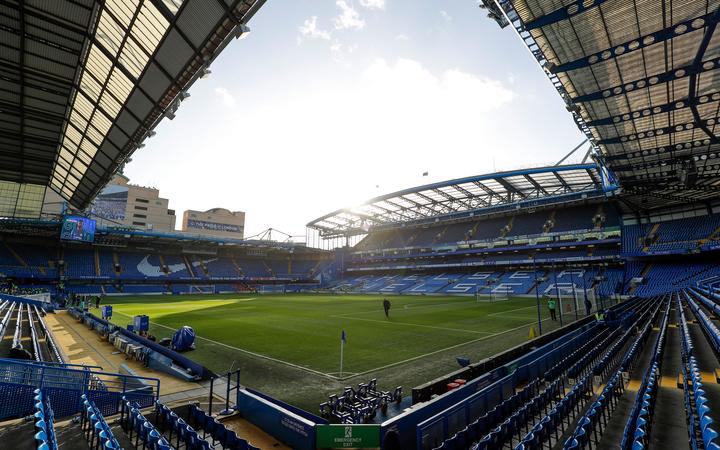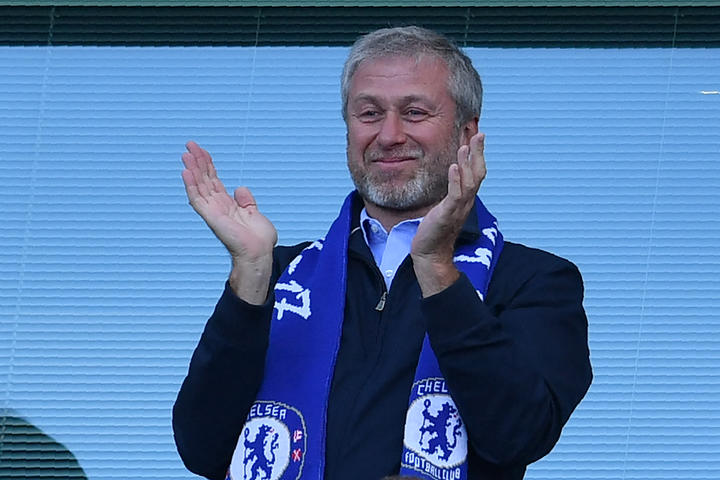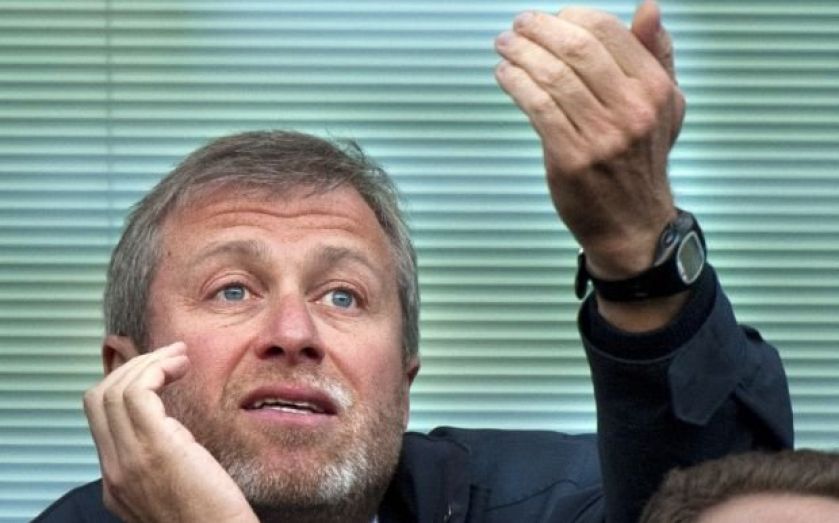Why Kiwi Families Need Social Insurance
If you or your partner lost their job, how long could you last before you had to move house?
Many of our families are much more financially fragile than we like to think.
In New Zealand in the 1970s the cost of buying a house was usually double or at most triple an individual salary. Now, in major centres like Auckland, it is nine times the average salary and rising. The rental market is similarly a nightmare, though it attracts less political attention.
How have families coped with this kind of cost increase without a comparable wage increase? How on earth have we kept our heads above water?
This is not just an issue in New Zealand. In the USA, Elizabeth Warren found back in 2004 that an American two-income family earns 75% more money than its single-income counterpart of a generation ago, but has 25% less discretionary income to cover living costs. This is largely because major fixed expenses like housing have increased so much in price, without any correlating increase to wages.
One key answer for many families privileged enough to have a choice (single parents frequently face outright housing poverty) has been to send both parents to work. The percentage of mothers who had pre-school children and were in paid employment rose from 21% in 1976 to 32% in 1986. This trend has continued and intensified. A Statistics New Zealand report from 2015 put it bluntly:
“[g]ains in the labour force participation of women aged 25–49 years over the last 20 years have been largely driven by the increased participation of mothers in the labour market.”
So what does this mean for family financial stability?
A generation or two ago, in a family privileged enough to have two healthy parents, a stay at home parent operated like a family insurance policy. If a major event like redundancy or chronic illness hit the breadwinner, the other parent could make up the difference by going to work. Many of us have stories of this happening in our own families – my grandmother’s income from nursing allowed her family to pay school fees which would have been unaffordable on my grandfather’s teacher salary alone. If he had become ill, the kids would have had to change school but the family would not have lost their house.
Very few two parent families have this kind of insurance policy anymore. Both parents earnings are sunk into essential expenses, like paying off the mortgage or rent. And, if both pay cheques are used for core household expenses, now two breadwinners means twice the risk of redundancy or chronic illness compared to a single income family in the 1960s. If either of you lose income, your family’s economic security can disappear very quickly. This income drop is sharper and lasts for longer in NZ than many other comparable countries.
Redundancy is both more common and a bigger existential threat to families than it used to be.
The recently announced scheme for social unemployment insurance (SUI) is an exciting, transformational policy which helps to address this nail biting anxiety about money that many families experience in Aotearoa today. It gives you the one thing you need in a family crisis – time. It lets you keep your head above water while you find a new job.
Under the scheme those who lose their job would be given four weeks notice and a four-week payment at 80 per cent of their salary. If they could not find more work they would get up to 80 per cent of their usual income for another six months. This would be capped at the ACC rate – currently $1820 a week.
The SUI concept comes from Nordic social democracy, and, like their approach to poverty alleviation, works closely with a sophisticated understanding of an active labour market policy that not only allows the market to work well with individuals and firms upskilling and reshaping, but also tackles poverty by ensuring that people are upskilled and in work that pays.
It is not a magic bean which will cure all social ills in New Zealand. Active labour market policies in respect to retraining and childcare must go alongside it, as well as good systems to connect displaced workers to these supports. But as a policy it promises to give many people a bigger and more secure stake in society, and that is profoundly worth having.
This piece was originally published by the NZ Herald.
Friday, 4 February 2022












